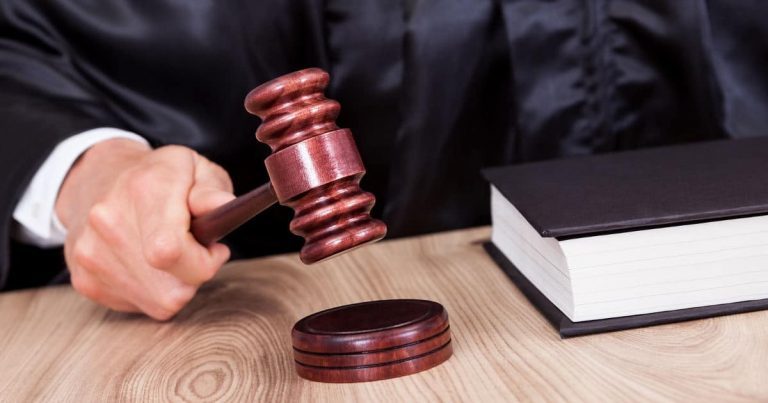Theft is a crime in Boulder, Colorado that involves intentionally stealing someone else’s property. It is typically a misdemeanor offense when the item(s) stolen falls in the range of $300 to under $2,000.
Shoplifting is the most commonly seen form of larceny, but many other actions can lead to a significant criminal charge. When the value of stolen items adds up, potential consequences follow suit.
With the high cost of something like smartphones these days, stealing someone’s mobile could lead to substantial ramifications. Consulting a proven misdemeanor theft attorney can make a significant difference in the outcome of any theft case.
Colorado Theft Statute 18-4-401
C.R.S. 18-4-401 defines the conduct associated with theft in Boulder County. In reference to misdemeanor theft, someone commits this offense when the item(s) stolen range from $300 – $1,999 and they do one of the following:
- take someone’s property stating they will return it but never do so,
- take another’s property via deception,
- take a loan from another person and refuse to pay it back within 72 hours of the agreed time frame
It is also important to note that co-owning some type of property with another person can factor into a theft charge. If you choose to take such property without the co-owner’s consent, a charge can result even though you may own part of the item(s).
What is the Jail Time for Theft in Boulder?
Potential jail time in misdemeanor theft convictions depends on the value of the property stolen. Below is a quick outline of possible consequences:
- $300 to $999 = class 2 misdemeanor / up to 120 days in county jail / fine of up to $750
- $1,000 to $1,999 = class 1 misdemeanor / up to 364 days in county jail / fine of up to $1,000
In each of the above situations, a restitution payment to the victim may apply as well.
Boulder Misdemeanor Theft Attorney
There are unique circumstances in any theft situation that require careful analysis by an expert misdemeanor theft attorney. Perhaps you were in fact the sole owner or you didn’t knowingly take the property. The police are also known to commit misconduct from time to time, which can work to your advantage as a defendant.
In order to understand these intricacies, we recommend that you contact our office to schedule a free consultation with one of our determined defense attorneys. We will take the time to hear your side of the story and outline next steps, all while prioritizing your best possible outcome.
If you or someone you know is facing theft charges, be smart. Contact the highly rated criminal defense attorneys at Sawyer Legal Group at 303-830-0880. Don’t talk to the police – talk to us.
Photo Credit: Pexels – Andrzej Jarzebowski




